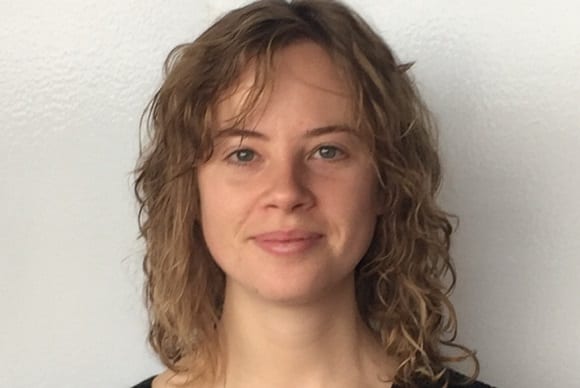
Annai Charlton
Mental Health Research
‘Investigating potential interventions to aid recovery from Alcohol Use Disorder ‘
The Florey Institute of Neuroscience & Mental Health
University of Melbourne, VIC
Awarded 2019
“Alcohol use is linked to a higher rate of mental health conditions such as anxiety and depression, that are all too common in modern society.”
Researcher Profile
Project Summary
The aim of this study is to look at recovering the neurological deficits that occur in Alcohol Use Disorder (AUD) in order to reduce symptoms, and in turn, relapse. We know that excessive alcohol use causes changes in the brain, such as cell loss, and compromises cognitive function. In extreme cases this can lead to dementia – alcohol being the primary cause of secondary dementia. Cognitive function is considered a critical predictor of whether relapse will occur following rehabilitation, with current relapse rates as high as 60% in the first year. Despite this, no new medications have been approved to specifically treat AUD since Acamprosate in 2004, highlighting the need for better treatments. This study therefore seeks to find new treatments for Alcohol Use Disorder by targeting alcohol-induced cognitive decline. To do this, a validated rodent model that recapitulates key aspects of human AUD will be used to explore the mechanism underpinning alcohol-induced cell loss. Following this, the model will be used to look at rescuing this cell loss, and to determine whether cognitive function is regained. Most importantly, the model will be used to explore whether exercise can facilitate recovery and reduce alcohol-seeking and relapse. The aims are therefore i) to identify the specific cell types vulnerable to alcohol-induced damage ii) to establish whether recovering the loss of these cells translates to restored cognitive function, and whether this can be facilitated with exercise and iii) to determine if restoring cognitive function through exercise can reduce relapse and alcohol-seeking.
Supervisors: Dr Christina Perry & Professor Andrew Lawrence